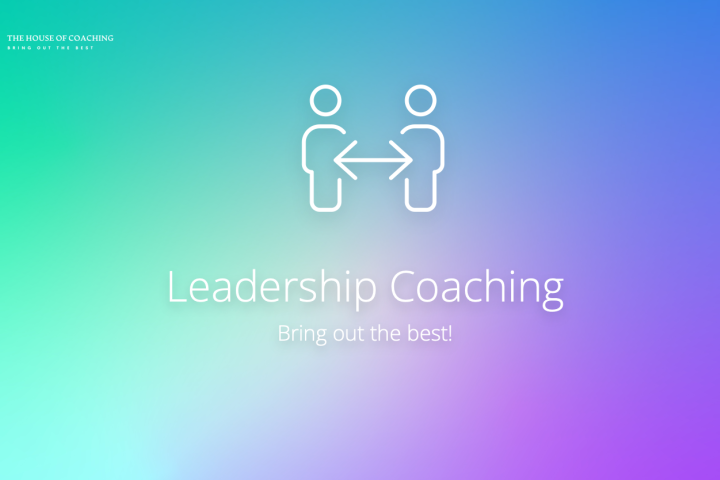Leadership Coaching
Leadership coaching helps executives develop their leadership skills and improve their performance as leaders. This can include identifying strengths and weaknesses, addressing challenges and developing specific objectives. In addition, coaching can help executives strengthen their self-knowledge and self-reflection, improve their communication and conflict resolution skills, and increase their effectiveness in leading and managing teams.
Positive effects
Leadership coaching can have a positive effect on the team and people a manager is responsible for. Here are some examples of how leadership coaching can have this impact:
- Improving communication: Through leadership coaching, a manager can improve their communication skills, which can lead to better cooperation and exchange of ideas and feedback between the manager and their team members.
- Strengthening team morale: Through leadership coaching, an executive can learn how to motivate and inspire his team members, which can lead to strengthening team morale and reducing turnover.
- Better decision-making: Through leadership coaching, a manager can improve his decision-making skills, leading to better decision making and increasing the effectiveness of team meetings.
- Improved team performance: Through leadership coaching, a manager can learn how to better manage and develop team members, which can lead to improved team performance.
- Increased employee engagement: Through leadership coaching, a manager can better understand his employees and better support their personal and professional development, which can lead to increased employee engagement.
Programme
A typical coaching programme goes through three sessions. At each session, a safe environment is provided where the executive can talk freely about their personal and professional goals, ambitions, pitfalls and obstacles.
- Coaching session 1: together with the manager, we determine the goals and challenges the manager is experiencing. This forms the starting point of the coaching process. We discuss working points and convert them into concrete actions.
- Coaching session 2: we evaluate the progress of the programme and work with concrete situations that the manager experiences as challenging or impeding. The coach gives feedback and we discuss working points and convert them into concrete actions.
- Coaching session 3: we make a final evaluation of the progress made and where the manager still has work points he can work on himself (or where the coach can be called in for further guidance).
The coaching process is always tailored to the parties involved. Both the manager's own input and the input and feedback from the people they work with can be important.
Coaching formulas
Depending on expectations, specific situations and objectives, we use adapted formulas:
- In the context of a training programme: the trainer of the programme acts as coach to help put the principles and techniques taught in the training into practice. In this formula, we usually coach all participants in a training programme.
- Individual coaching trajectory: we work with specific context and objectives for the manager concerned.
- Coaching-as-a-Service (CAAS): coaching is offered in a team as an option. The fact that managers (and team members) can call on the coach ensures that everyone in the team gets the same opportunities for personal development and solving specific challenges.
In addition, specific formulas can of course be worked out. Feel free to discuss specific needs and expectations with the coach!
Depending on the context, coaching sessions can take place face-to-face at our office, in the workplace or online.

Would you like to develop your 21st Century Skills?
Then get in touch with us and we'll work out a programme together!
| Program category | |
|---|---|
| Program type | |
| Program languages | |
| Number of modules |
3
|
| Number of participants |
1
|